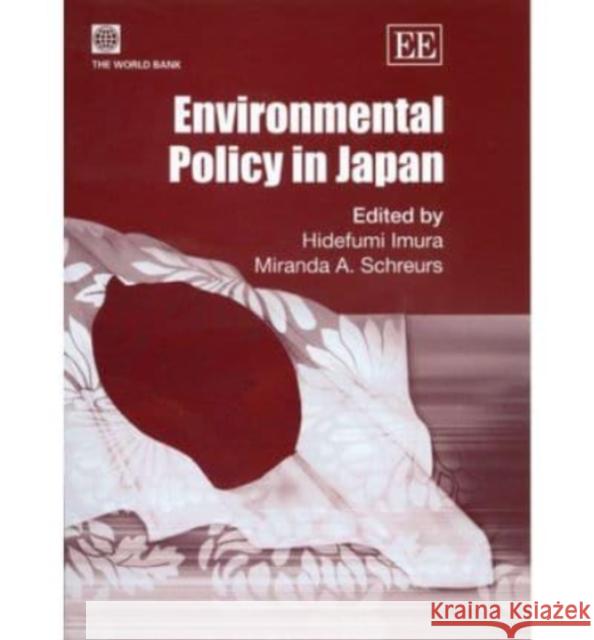Environmental Policy in Japan » książka
Environmental Policy in Japan
ISBN-13: 9781845423704 / Angielski / Twarda / 2005 / 424 str.
Japanese environmental management style is in many ways distinct from that found in Europe or the USA. There is less emphasis on litigation, more emphasis on administrative guidance and considerable use of voluntary mechanisms for policy implementation. This volume considers what factors may have contributed to Japan's relatively successful efforts at dealing with severe industrial pollution and problems associated with rapid urbanization. The book introduces Japan's environmental history, its key environmental regulations and the forces that have driven Japan to introduce these environmental regulations and programs. It also examines the various formal and informal institutional mechanisms and policy instruments that have been introduced over the past several decades to implement pollution control and energy conseration. The authors conclude by putting Japan's environmental policy experiences in comparative perspective and considering what useful lessons can be drawn from the Japanese experience for developing nations. Providing a detailed analysis of environmental policies and policy instruments in Japan by leading experts in the field, this book will be of great interest to students of environmental policy and politics and policymakers concerned with environmental protection in Asia.











